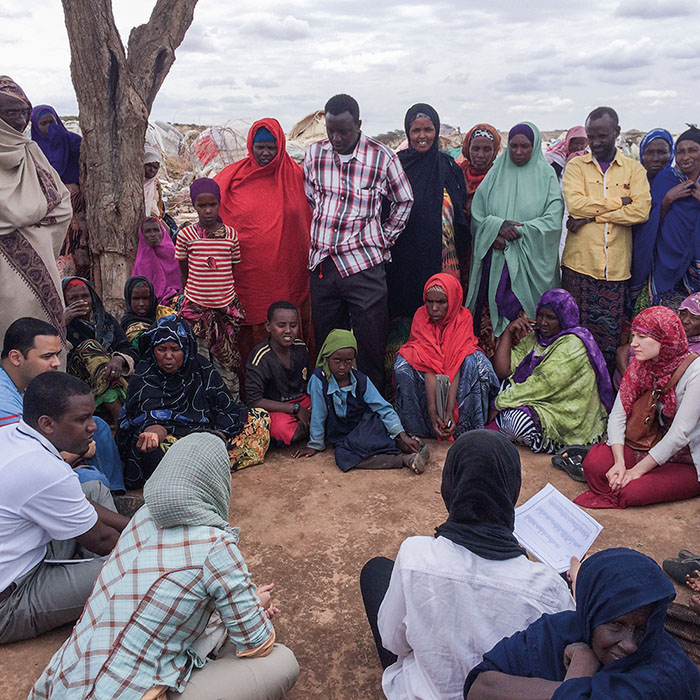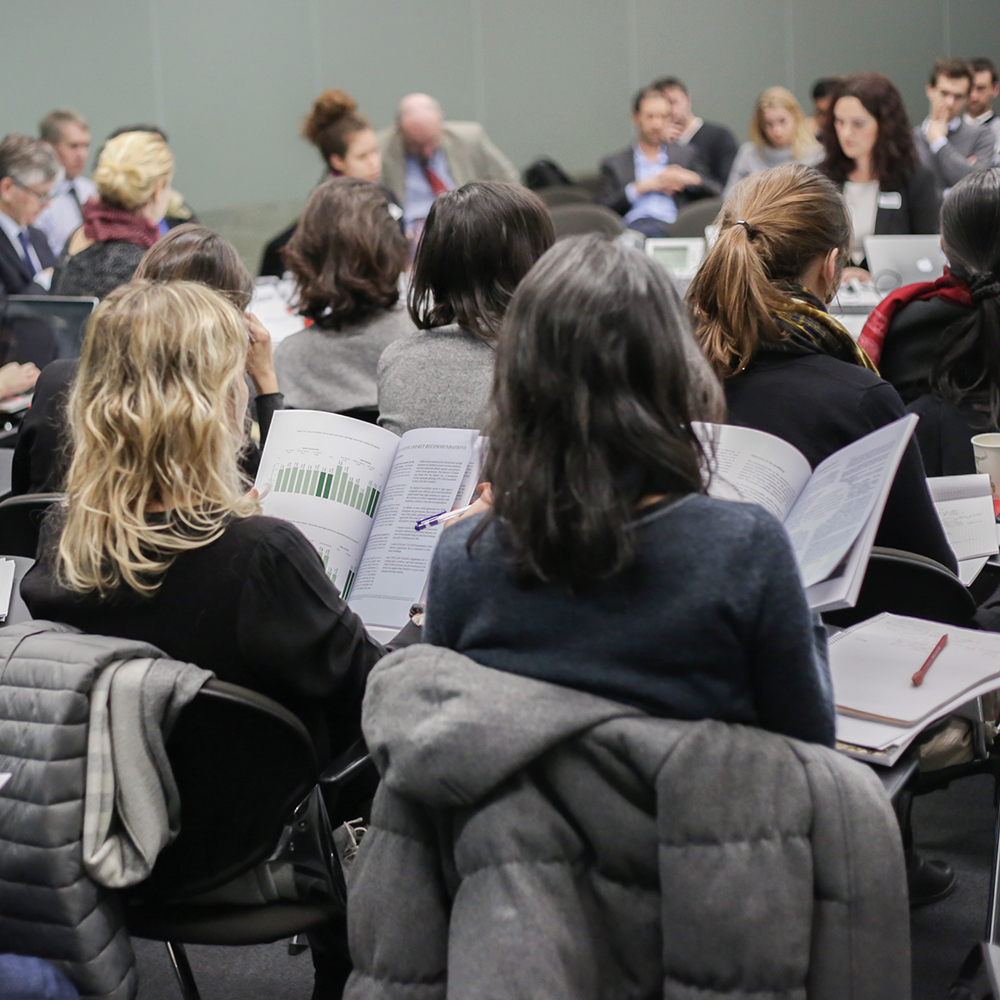
The Joint IDP Profiling Service (JIPS) was set up in Geneva in 2009 as an inter-agency body to provide support to governments and humanitarian and development organisations seeking to improve locally owned information and analysis about displacement situations.
We have since become recognised as a global knowledge hub on profiling, and as an “honest broker” for our impartial, collaborative approach to establishing sound and mutually agreed evidence to inform joint interventions and responses. Our primary mission is to provide field support either on-site or remotely, in the form of strategic advice, technical assistance, training, tools and guidance.
The value of displacement profiling and JIPS’ work has been recognised by various UN resolutions, that encourage governments, humanitarian and development actors to seek JIPS’ support (see UN General Assembly Resolutions A/C.3/72/L.46/REV.1, A/C.3/70/L.51/Rev.1, and A/C.3/68/L.63/Rev.1 as well as Human Rights Council resolutions A/HRC/32/35 and A/HRC/20/L.14).
JIPS’ mandate is to bring governments and international and local actors together to jointly generate and use evidence that supports displaced and host communities to reach durable solutions. Building consensus around displacement data makes the information gleaned more useful for all partners to act upon collectively.
Our approach can be adapted to a wide range of scenarios, but is particularly well suited to protracted crises and urban settings, where IDPs tend to live interspersed with migrants, returnees, refugees and the local population. It can be pursued through standalone processes or incorporated into broader information-gathering exercises such as national surveys and censuses, and used to inform policy initiatives, programme development and advocacy efforts.
Field-focused and committed to enhancing local ownership and capacity, we do so by:
All our efforts are driven by our vision of a world in which internally displaced persons can progress towards durable solutions and live in dignity while doing so. To work toward this vision, our strategy sets out four strategic goals over a three-year period.

We have a two-tiered governance structure: strategic decision-making and oversight as well as fundraising support are provided by the Executive Committee. The Danish Refugee Council and UNHCR administratively co-host JIPS.
An Advisory Group, composed of leading senior professionals and experts from both academic and institutional backgrounds, advises JIPS and the Executive Committee on strategic vision and direction in the displacement data sphere.
Our work cuts across many disciplinary boundaries, and we form partnerships with organisations and academic institutions that share our vision of enhancing information and analysis about displacement situations to improve policy, interventions and responses.
We also strive to maintain a broad funding base and a diverse range of donors that reflects and supports its work.
JIPS’ Coordinator leads our organisation’s skilled and passionate team, which works in four areas:
Working at JIPS is a memorable and formative experience. We are regularly looking for skilled professionals to join our team and inclusive working environment, so stay tuned for any future job openings!